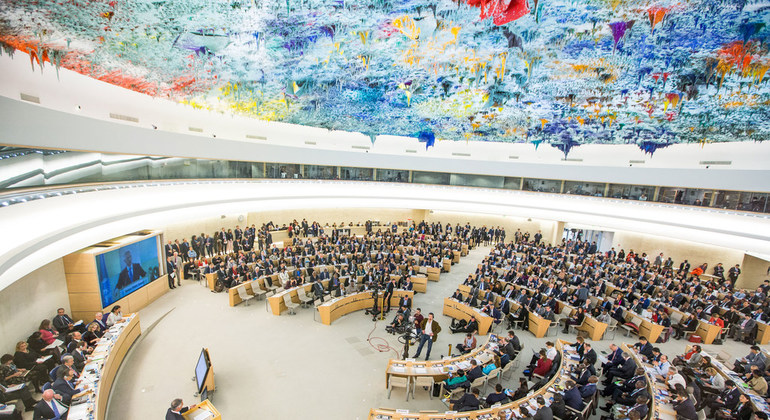“We urge the Government to immediately and unconditionally provide Nazanin Zaghari-Ratcliffe and Narges Mohammadi with access to the appropriate treatment and care they have repeatedly requested in light of their serious health concerns,” the experts said in a statement.
According to the human rights experts, Ms. Zaghari-Ratcliffe, a dual UK-Iranian national, has been denied appropriate health care by the Iranian authorities, after finding lumps in her breasts, enduring severe neck pain, and numbness in her arms and legs. She has also been denied an appropriate mental health evaluation from a doctor outside Evin Prison where she is being held.
The statement explains that Ms. Mohammadi, an Iranian human rights defender, has been also denied appropriate health care for over a year despite suffering from a pulmonary embolism, related blood clots, bleeding and repeated seizures. She also requires follow-up treatment for a gall-bladder operation.
The experts expressed alarm that the denial of appropriate health care has compelled Ms. Zaghari-Ratcliffe and Ms. Mohammadi to start a hunger strike in protest.
“The authorities must urgently address the violations that are the basis of their hunger strike protest, including denial of appropriate treatment and care, which may well amount to cruel, inhuman or degrading treatment, or even torture,” the experts said.
The experts also pointed to the findings of the Working Group on Arbitrary Detention and reiterated calls for the immediate release of Ms. Mohammadi and Ms. Zaghari-Ratcliffe. The Working Group found that the two women, placed in custody respectively in May 2015 for charges of spying and in April 2016 for “founding an illegal group”, had been detained arbitrarily.
The experts stated that the situation of Ms. Zaghari-Ratcliffe and Ms. Mohammadi is emblematic of numerous reports received related to the denial of appropriate treatment and care of imprisoned individuals in Iran, and urged the authorities to ensure appropriate treatment and care is afforded to all those in need of it.
The experts said that, as Iran is a party to the International Covenant on Economic, Social and Cultural Rights, the Government has an obligation to respect the right of all persons, including prisoners, to have access to health services. As a party to the International Covenant on Civil and Political Rights, the Government has an obligation to protect the right to life.
They also recalled the universally recognized ‘Mandela Rules’ on treatment of prisoners, which specify that all prisons must ensure prompt access to appropriate medical attention.



